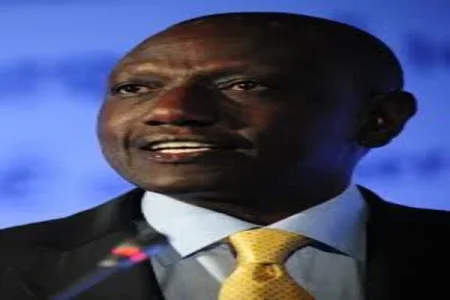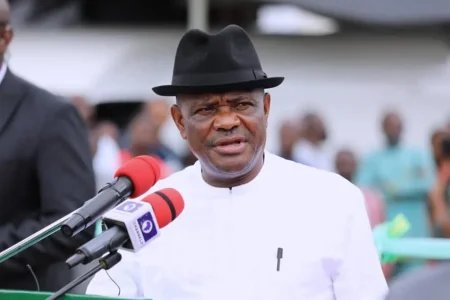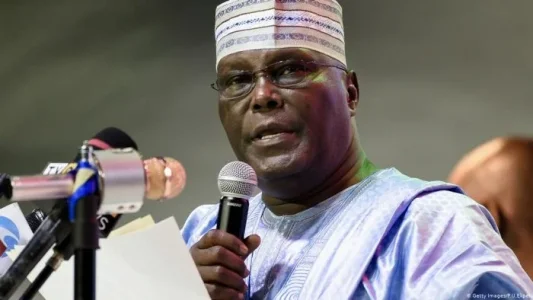
Kenyan President William Ruto announces austerity measures following violent protests against a controversial finance bill. Key actions include scrapping budgets for the offices of the First and Second Lady, dissolving 47 state corporations, and reducing government spending to address Kenya's budget deficit and high public debt.
In a decisive response to violent protests sparked by a controversial finance bill, Kenyan President William Ruto has announced significant austerity measures aimed at reducing government spending. The finance bill, which proposed raising taxes to address Kenya’s budget deficit, led to widespread unrest and the deaths of over 23 people as demonstrators stormed the national assembly for the first time in the country's history.
During an X-Space engagement with citizens on Friday, President Ruto explained that the bill had been marred by "falsehood and propaganda" and ultimately declined to give his assent. He acknowledged the bill’s intentions to create jobs and protect local industries but stated that the national conversation surrounding its provisions necessitated a reevaluation.
Kenya's public debt, currently standing at 68 percent of GDP, far exceeds the 55 percent threshold recommended by the World Bank and the International Monetary Fund (IMF). To address this, Ruto announced a series of spending cuts following extensive consultations.
In a separate address from the State House in Nairobi, Ruto outlined the new measures, including the elimination of budgets for the offices of the first and second lady. Additionally, confidential budgets in various executive offices, including the president's own, will be removed, and renovation budgets across the government will be slashed by 50 percent.
Ruto also announced the dissolution of 47 state corporations with overlapping functions to eliminate redundant operational and maintenance costs. The functions of these corporations will be integrated into the respective line ministries, and their staff will be transferred accordingly.
Further austerity measures include a suspension on the hiring of chief administrative secretaries, a reduction in government advisers by at least 50 percent, and mandatory retirement for civil servants who reach the age of 60 without extensions. The purchase of new government vehicles, except for security agencies, will be halted for a year, and non-essential travel by state officers will be suspended.
To ensure transparency and structured contributions for public, charitable, and philanthropic purposes, Ruto has mandated the attorney-general to draft and submit the necessary legislation.
These stringent measures reflect Ruto’s commitment to curbing Kenya’s ballooning budget deficit while addressing the public’s concerns and restoring trust in his administration.




